Gardening was always a favorite way to spend time with my dad when I was little. I loved to plant seeds and plants and trees. I just loved being out there and talking with my dad as we “played” in the dirt or collected the fruits of our labors. What I didn’t realize was that the whole time I was out there I was learning academic materials, such as science, math, and literacy, I was learning social and family skills as well. I was also learning that we can produce our own food, and boy did it taste so much better than the food we bought from the store. I don’t remember a time we didn’t grow some kind of vegetables, whether they were in a huge garden or in containers, but I do remember always having that special time with my dad.
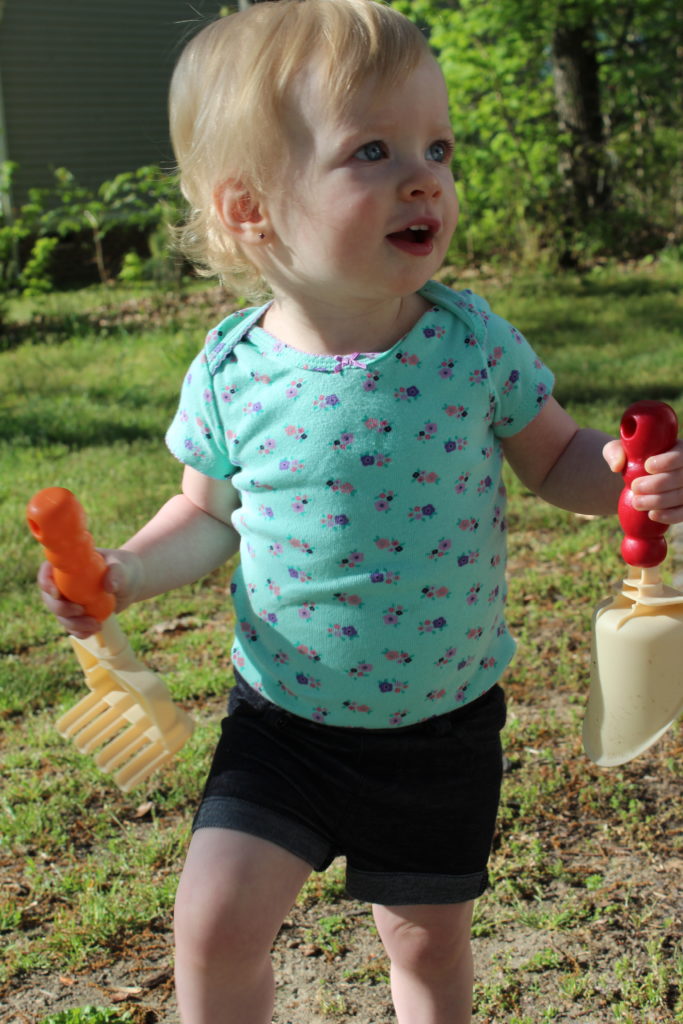 I have read many articles about how gardening is good for your mental health and general health. It instills a sense of accomplishment, self confidence, and it allows your child to learn to relax. Some other important social skills they learn are responsibility as they care for the plants. They learn to love nature and how pleasant it is to be outside. They learn to cooperate and share in the duties of caring for the garden and plants. It also gives them a chance to get outside and do something fun while being more physically active, which is important for the learning.
I have read many articles about how gardening is good for your mental health and general health. It instills a sense of accomplishment, self confidence, and it allows your child to learn to relax. Some other important social skills they learn are responsibility as they care for the plants. They learn to love nature and how pleasant it is to be outside. They learn to cooperate and share in the duties of caring for the garden and plants. It also gives them a chance to get outside and do something fun while being more physically active, which is important for the learning.
So what can they learn and how can I help them learn in the garden? How old do they have to be to help in the garden? Math, literacy, science, social studies, how does it all fit in? Keep reading for all the answers.
NOTE: Before you begin, have a plan for where the garden will be. Will it be a big garden, small garden, or a container garden? Will it have vegetables, plants, flowers, trees? Also, make sure to have child friendly gardening tools.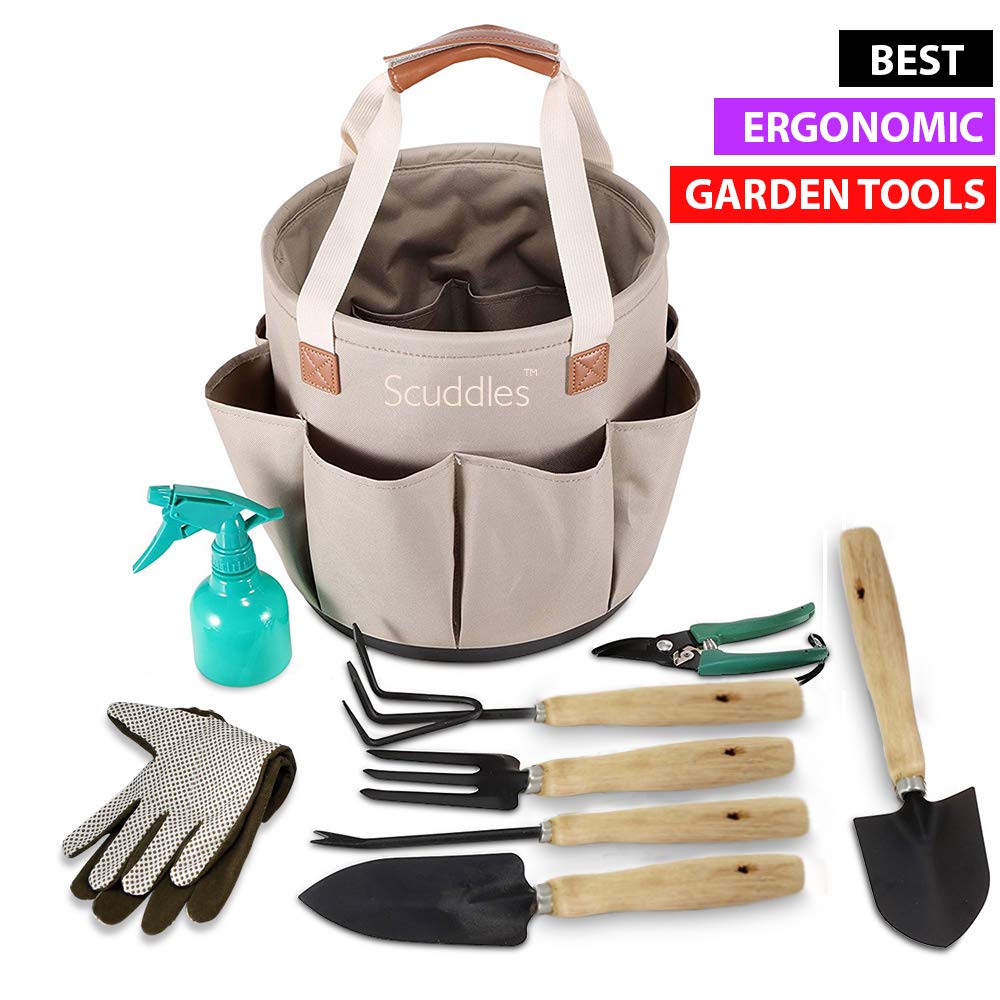
Your toddler will have so much fun in the garden. They will learn and have fun just as much as your older child will. Their activities and responsibilities will be different, but they will still be able to have fun and learn from “working” in the garden. So as far as age goes enjoy the garden when your child is a toddler and beyond. Just remember that supervision is important when you child is “working” the garden. Your may even find that your little wants to be outside all the time checking on and watching their garden grow.
Math in the Garden
Math in the garden can be as simple as counting the number of plants to measuring the plants and how much water they have gotten. Keep reading for activities for activities that will help your child use math skills with real world, authentic activities.
- Counting
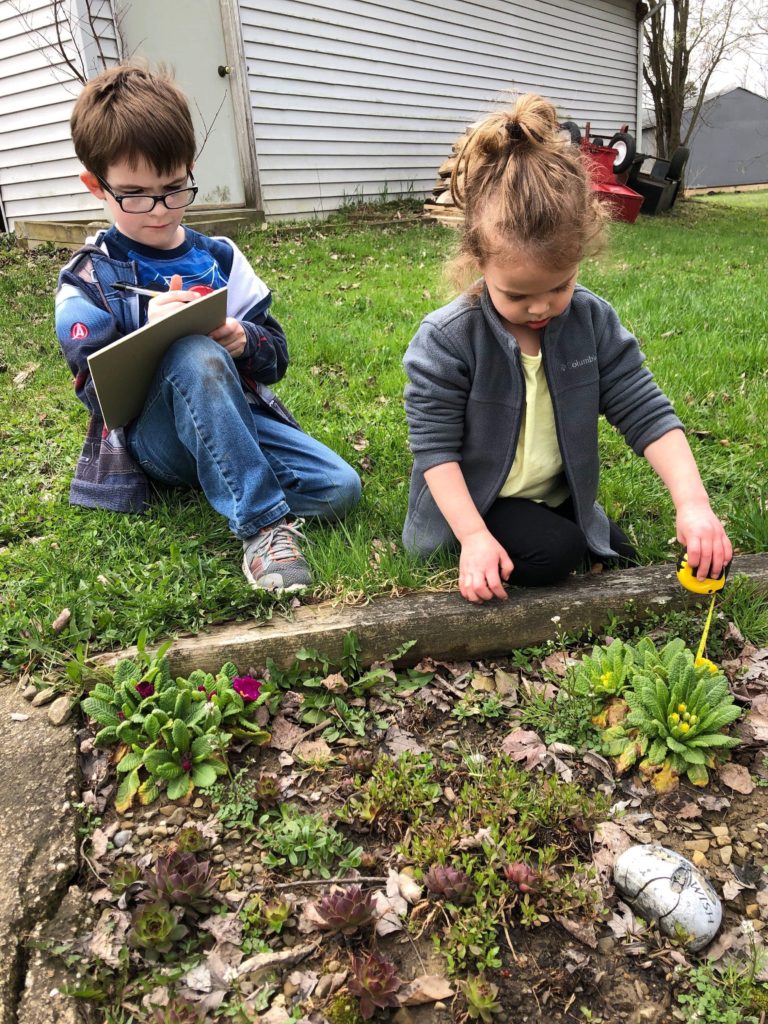
- Count how many plants you have, how many plants you have already planted, how many plants do you still need to plant
- Count how many flowers, tomatoes, or cucumbers etc. are on the plant
- Using a Calendar
- Mark the days it has rained on a calendar, then discuss if the garden needs to be watered or has nature taken care of the water for the plants
- Mark the weather for each day
- Mark the day the plants or seeds were planted, observe the plants and write their progress on the calendar. Your little can then count how many days it took for the changes. (planting seed to sprout, planting plant to flowering, flowering to vegetable appearing)
- Measurement
- Measure the distance needed between seeds or plants
- Measure the height, width of plants
- Measure the amount of rain that has fallen or water you have provided the plants
- Graphing
- Sort the different types of vegetables harvested and graph
- Use the calendar to graph the amount of each type of weather (sunny, cloudy, rainy)
- Addition/Subtraction
- Add together the different types of plants to determine the total number of plants
- Add together the different vegetables for a total
- Subtract the number of vegetables eaten
There are many other ways to use math in gardening, let your gardening experience guide your math exploration.
Science in the Garden
Science in the garden can be as simple or complicated as you want it to be.
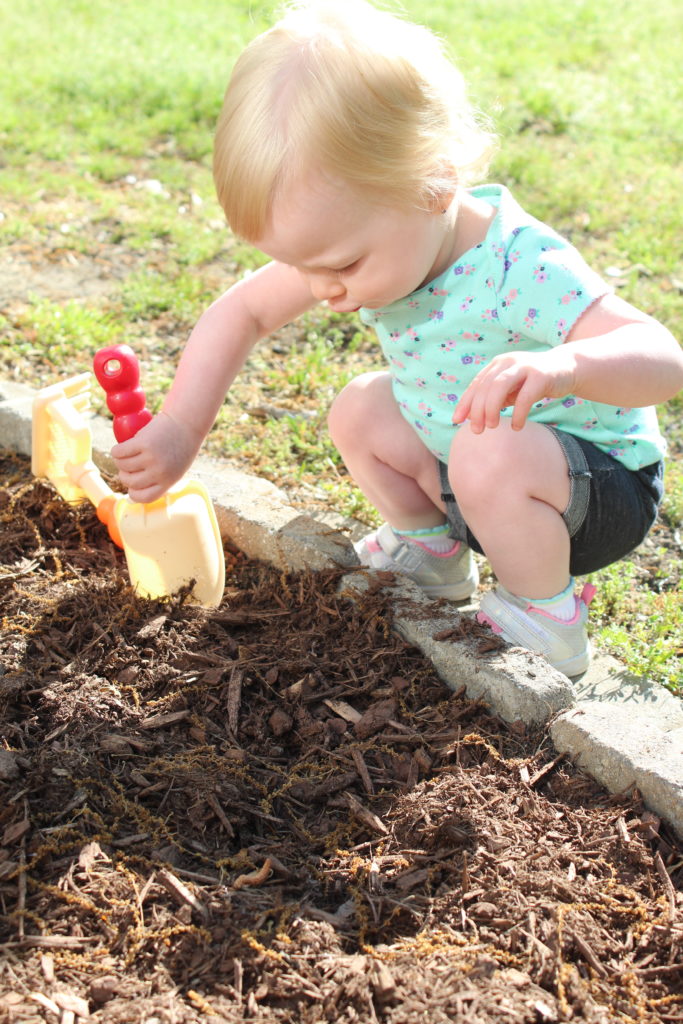 Understanding (conversations of cause and effect)
Understanding (conversations of cause and effect)
-
- What happens to the plants if they do not get enough or to much water?
- How do weeds affect the plants?
-
- Reasoning and Discovery
-
- What do plants need to grow?
- How does the weather affect the plants?
- What animals/insects will affect the garden? How?
-
- Nutrition
-
- Where does fresh food come from?
- Why is it better to eat fresh food?
-
- Observation/Documentation
-
- Record how the plant has grown, write what you see/the changes in the plant
- Record measurements of the plant
- Write understandings of why the plant changed
-
Let your child’s curiosity guide you. They will want to explore the garden in so many different ways. Take their lead and explore the world of science in the garden. Don’t be afraid to google things you don’t know, teach them that looking up information you don’t know is a way to learn.
Social Studies in the Garden
You are probably thinking, how does social studies fit into gardening? Has she lost her mind? No, I haven’t, there is a little social studies you can fit into gardening.
- Mapping Skills
- Where do you live and what types of plants will grow there?
- What is the best area in your yard to plant a garden? Does it face north, south, east, or west?
- Make a map of the yard include where the house is, where other gardens are, where the new garden will be
- Make a map of the garden and what will be planted where
See I can fit all kinds of learning opportunities into gardening. Gardening is such a fun activity full of learning opportunities.
Literacy in the Garden
Literacy goes with everything. If there is a topic, books have been written about it and you can write about it. Literacy is the foundation of all learning and I am a firm believer the best readers and writers will go places, so don’t skip the literacy activities.
- Creative Play
- Writing
- The science observation documentation is a form of scientific writing
- Write a story about planting a garden
- Write a step by step guide for planting a garden
- Reading
- Of course I have to share some of my favorite books for children on gardening. Here you go:
A new favorite: We are Gardeners by Joanna Gaines
Oh Say Can You Seed? All About Flowering Plants by Bonnie Worth
Planting A Rainbow by Lois Ehlert
Eating the Alphabet by Lois Ehlert
Up in the Garden, Down in the Dirt by Kate Messner
From Seed to Plant by Gail Gibbons
Sun Water and Soil – Teaching Kids How Plants Grow by Baby iQ Builder Book
How Plants Grow (Time for Kids Informational Text)
There are so many more. Explore more books on amazon or at your local library.
Please share your thoughts, comments, pictures and videos of you and your littles enjoying gardening together.

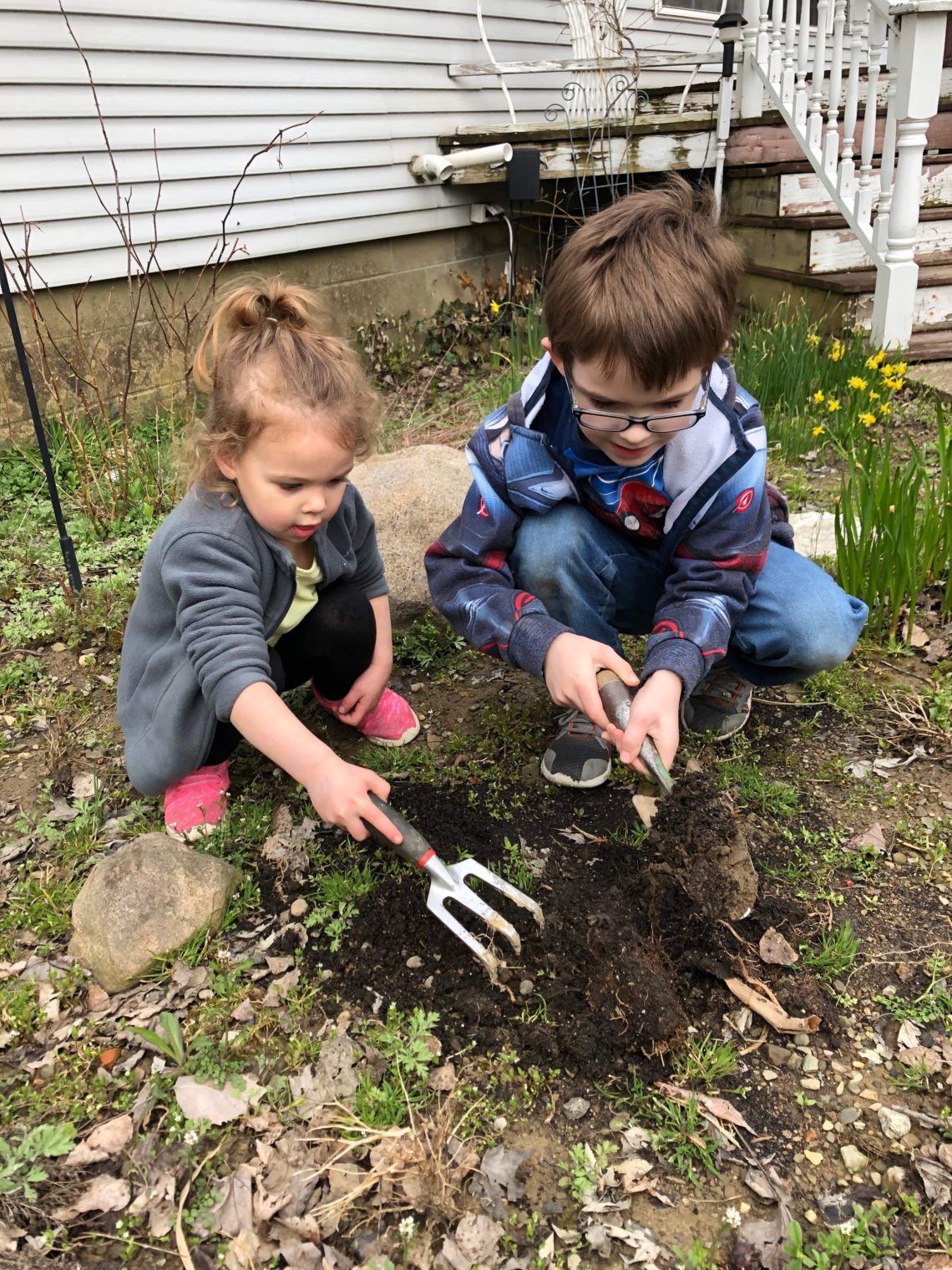
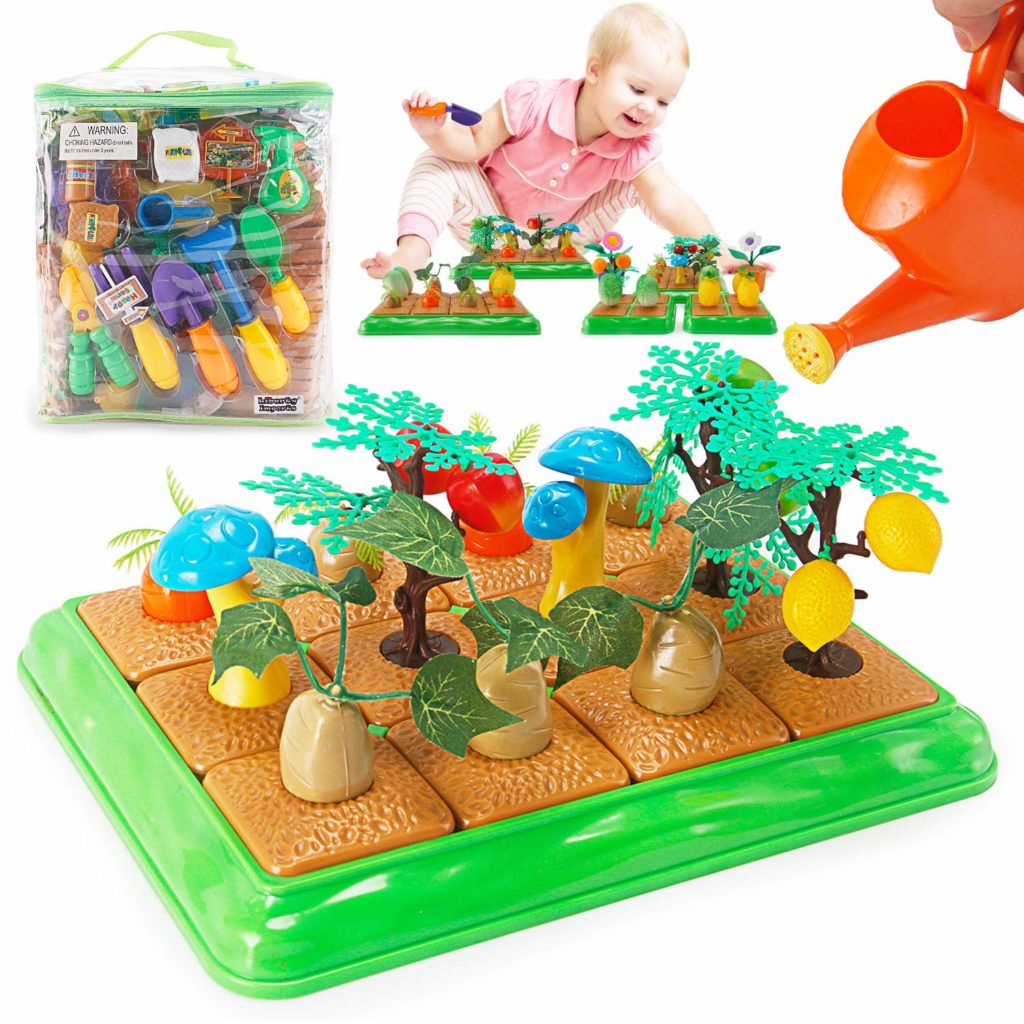
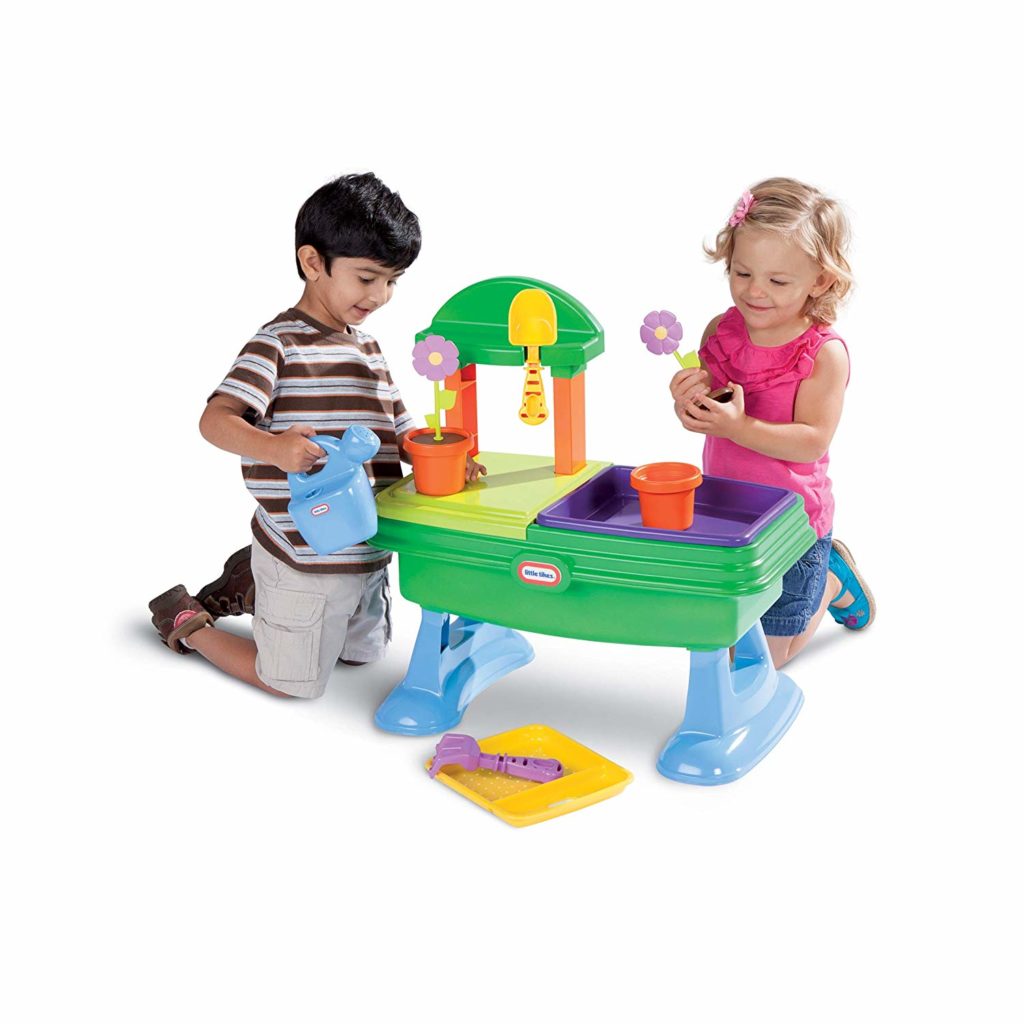


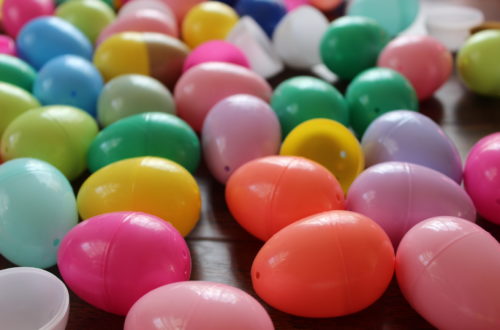
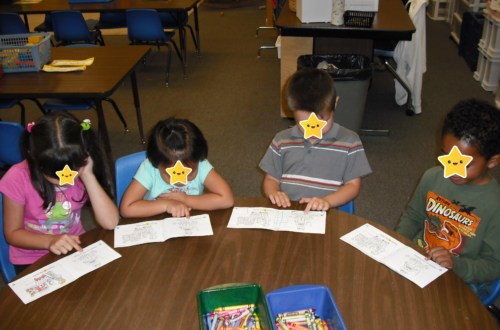
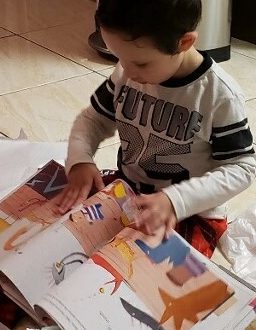
2 Comments
Kristen
What a wonderful post! We love gardening 🙂 There is nothing like getting your hands dirty and giving life to something new!! Thanks for sharing
Barb
I am glad you enjoyed the post. It is wonderful to work in the garden with littles. They get so excited to see their plants grow.